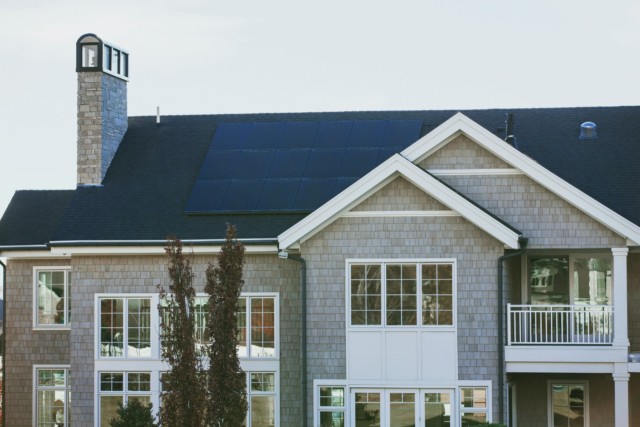Get to Know the Local Initiatives Team
IREC and The Solar Foundation have officially united into a single, expanded nonprofit dedicated to the rapid adoption of clean energy! Last month, we featured the Workforce Development team to get to know the programs’ initiatives and projects as well as team members.
This month, we talked with IREC’s Local Initiatives team to discuss the focus of the team’s work, what they like best about what they do, and why they’re excited about the merger.

Meet the Team
- Larry Sherwood | President and CEO – Larry leads IREC’s involvement with the Sustainable Energy Action Committee
- Ed Gilliland | Senior Director – Ed oversees all of IREC’s Local Initiatives programs
- Theresa Perry | Program Director, SolSmart
- Carlos Alberto Velázquez López | Program Director, Puerto Rican Solar Business Accelerator
- Toyah Callahan | Deputy Director, SolSmart
- Loraima Jaramillo-Nieves | Program Manager, Puerto Rican Solar Business Accelerator
- David Golembeski | Program Manager, SolSmart
- Andrew Light | Program Manager, SolSmart
- Danny Falk | Project Manager, SolSmart
Local Initiatives Programs
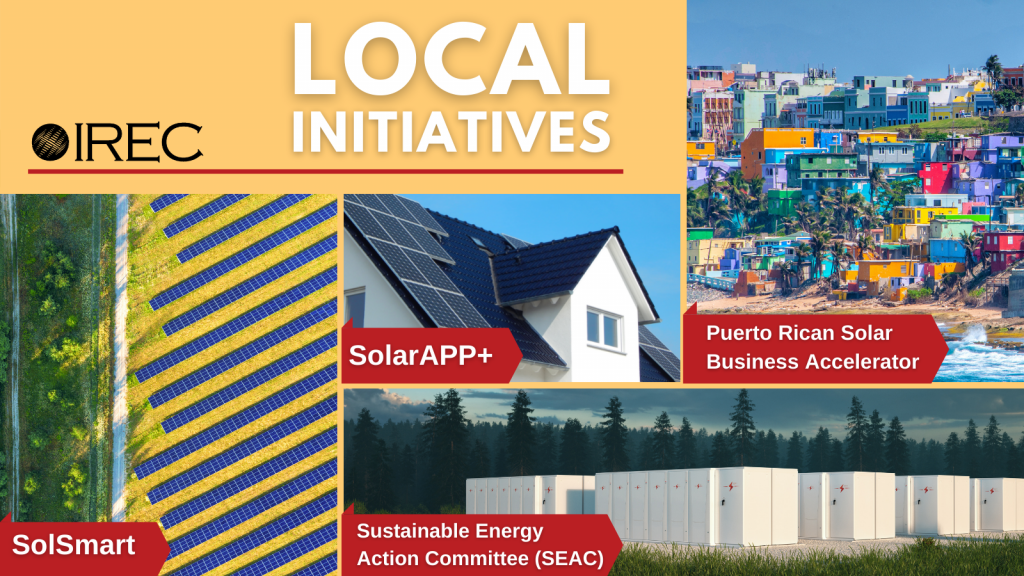
Clean energy begins in the community. Local governments have a pivotal and often underappreciated role in bringing new solar, wind, and energy efficiency to their residents and businesses. IREC’s Local Initiatives team helps cities, counties, and small towns use policy tools and resources to drive the growth of clean energy, address climate change, and create new jobs. Learn more about our projects and programs:
Q&A With the Team
In your own words, tell us about the focus of the Local Initiatives team’s work. Why is it so important to the growth of clean energy?
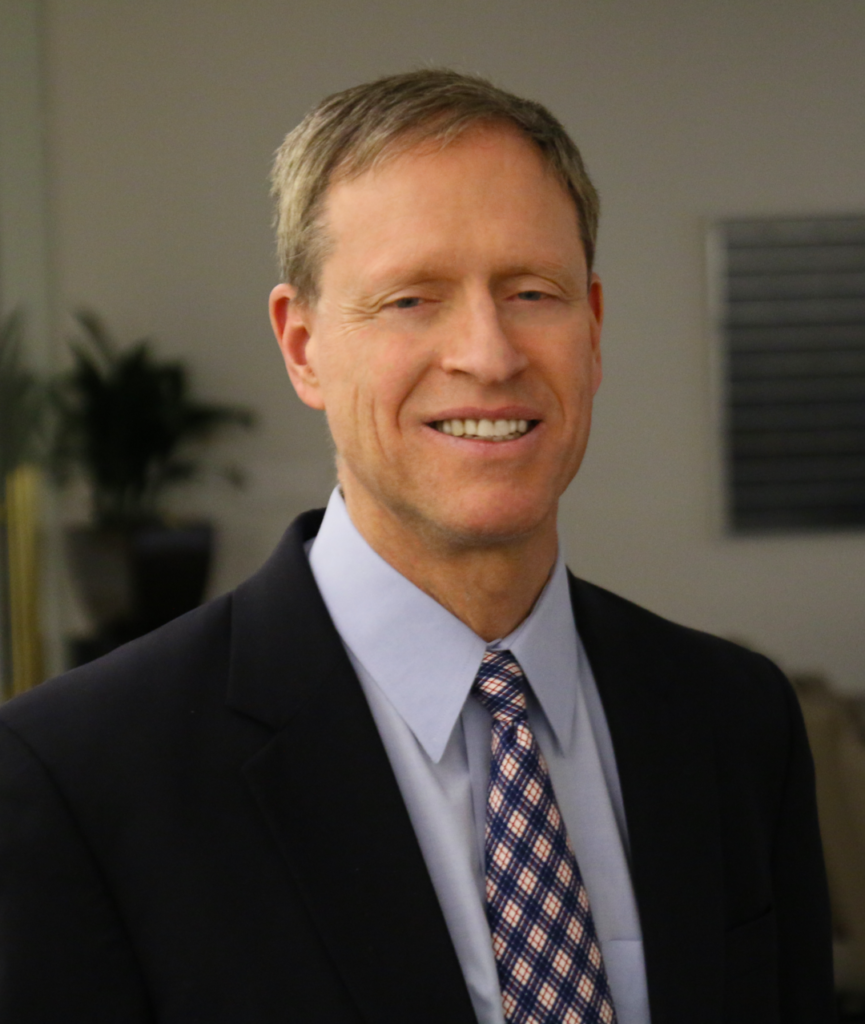
Ed: Despite the global and national media focus, much of clean energy progress takes place at the local level. That’s why we are so excited about our Local Initiatives programs, such as SolSmart. The Solsmart designation helps local jurisdictions leap ahead in their capacity to stimulate solar development. The Puerto Rican Solar Business Accelerator extends our Local Initiatives work to the island of Puerto Rico, supporting solar workforce development, solar finance innovation, and microgrid development on the island. These services are critical as the island grapples with more frequent extreme weather events as a result of climate change. For example, microgrid-supported properties will no longer suffer extended power outages when the storms blow in. IREC’s work with the Sustainable Energy Action Committee brings together diverse stakeholders to develop solutions to permitting, inspection, and code issues that create barriers to clean energy growth.
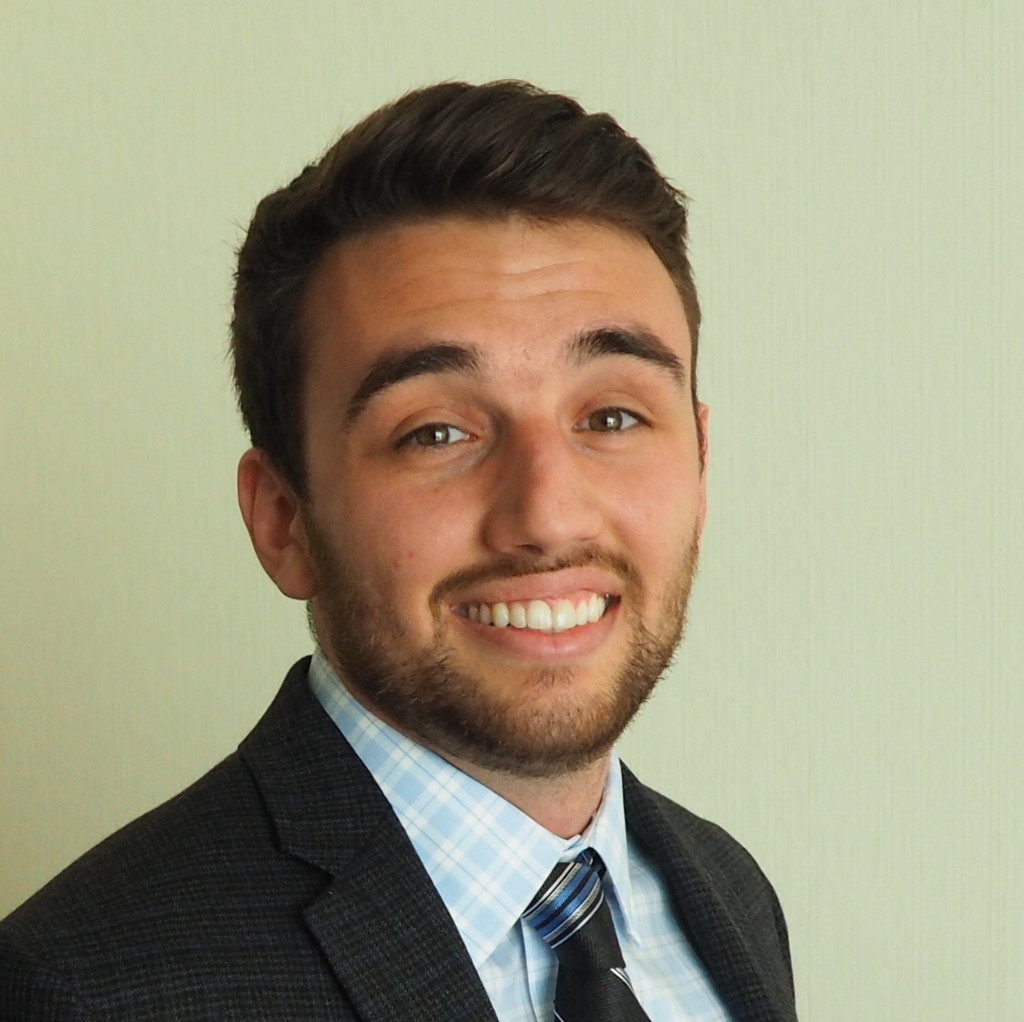
David: Solar and other clean energy projects, small and large, are sited locally and must adhere to policies and regulations established by city, town, and county governments. Although they fly under the radar compared to state and federal policies, local policies and regulations directly affect the prospects of clean energy—impacting whether a project is allowed and how costly an installation is. Clean energy is undergoing tremendous growth and it is vital that local elected officials and staff are trained on local solar best practices so their community can reap its economic and environmental rewards.

Carlos: IREC’s work in Puerto Rico serves a unique niche within the renewable energy ecosystem. As a true advocate for a sustainable solar-plus-storage industry, IREC brings together all stakeholders in constructive dialogue to develop solutions. We are committed to being an impartial entity among competing and collaborating stakeholders.
Over the next few years, as Puerto Rico picks up steam in implementing its Renewable Portfolio Standards, we anticipate more installed capacity, more finance providers, more solar companies, and a larger pool of municipalities and communities participating in establishing their energy agenda. IREC’s leadership and technical assistance will only become more important to meeting the needs of this growing market.
What are the most important things the team is currently working on? What’s coming up?
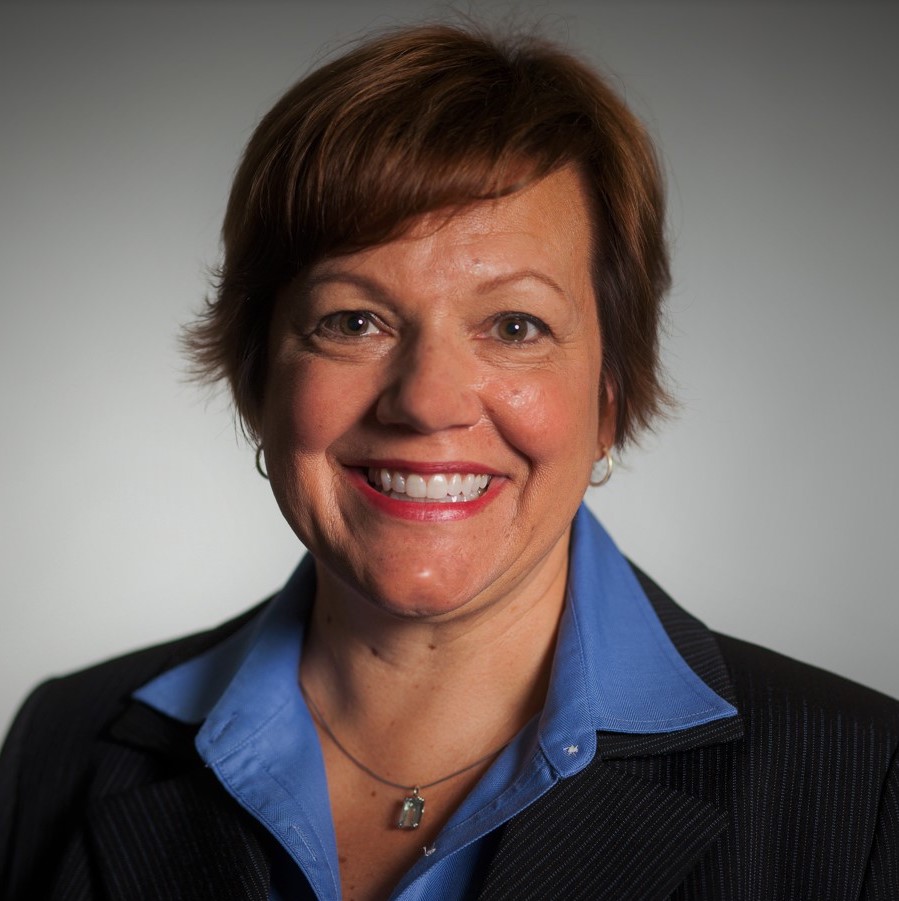
Theresa: A recent independent evaluation of the SolSmart program provided many positive insights: solar deployment in communities who have earned SolSmart designation increases by an average of more than 60%!
The evaluation also offered insights into some areas to work on. It showed that communities with fewer resources are less likely to participate in the program. We are working hard to reduce barriers to participation for under-resourced communities by streamlining processes and providing templates and examples from communities that have already gone through the program. We are also strengthening our connections to regional organizations so that they can work collectively with their constituent communities toward designation.

Carlos: A particularly important focus of the Puerto Rican Solar Business Accelerator team is the creation of roundtables where the solar industry and the banking and finance sectors can meet. This work provides an opportunity for solar companies to address potential solar financiers to create finance solutions that are more responsive to the solar industry needs. It also provides an opportunity to address risk perceptions that financiers may have about solar technology and the regulatory framework the solar industry operates under.
These dialogues are creating greater confidence, allowing for the organic development of consensus and mutual agendas for the sustainable financing of solar-plus-storage deployment in Puerto Rico.
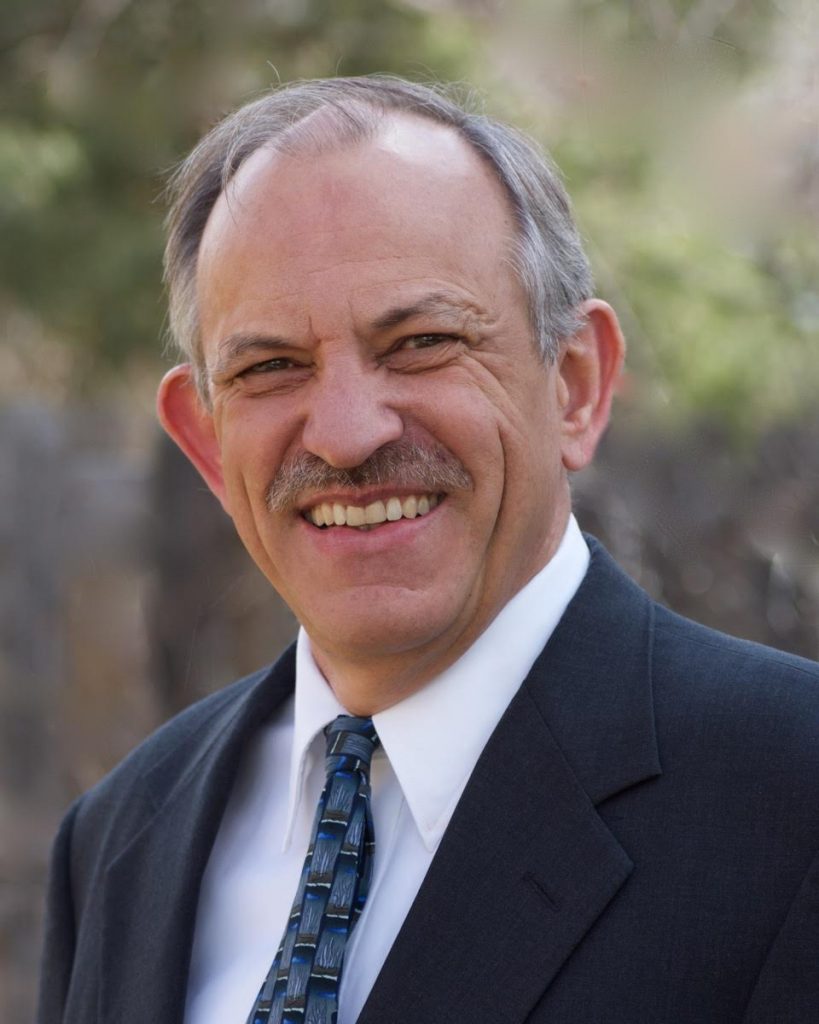
Larry: Building and electrical codes provide critical guidelines for the proper installation, inspection, and permitting of clean energy technologies like solar and energy storage systems. However, codes sometimes lack clarity on how they should be interpreted or don’t align with best practices, especially when it comes to these rapidly evolving technologies.
This can result in confusion and delays—both for authorities having jurisdiction (AHJs), like electrical inspectors and building officials, and clean energy companies and their customers. It also adds cost and slows the process of getting more renewable energy on the grid.
The Sustainable Energy Action Committee (SEAC), which IREC helps run, brings together diverse stakeholders to improve these codes and provide clarity and accuracy needed to ensure safe and efficient clean energy development. We’re currently proposing improvements to several areas of the National Electrical Code, the International Building Code, and the International Fire Code.
What is something you want people to know about the Local Initiatives team?

Larry: IREC offers a unique blend of independent technical expertise and bridge-building that lends itself exceptionally well to the development of impactful on-the-ground solutions. For decades, IREC has been trusted to bring diverse parties with different priorities and objectives to the table and foster dialogue in an impartial manner that results in effective consensus-based solutions.

Theresa: IREC’s SolSmart team is incredibly passionate and believes the work they are doing is having an impact. The resulting desire to impact the communities in which we engage provides amazing results. If there is a community out there trying to get solar in their community, our team will work hard to help them reach their goals.

Carlos: IREC’s Puerto Rico team prides itself on understanding the context of our work within broader social and environmental dynamics on the island, including the deep structural and financial challenges Puerto Rico faces in modernizing its electrical grid. We prioritize our nimbleness and ability to pivot to respond to changing situations. For example, in the first year of our work, we had to support the industry in creative ways following the earthquakes on the southern coast of Puerto Rico, as well as the complete industry shutdown during the early stages of the COVID-19 pandemic.
As climate change and other challenges continue to create vulnerabilities, IREC will continue to collaborate with the many business, nonprofit, and government actors that are natural allies to the solar-plus-storage industry in Puerto Rico to increase resilience and sustainability.
What excites you about the upcoming merger?

David: Between the two organizations, there were incredible synergies and a shared vision. Combined, we’re stronger than ever with a pinpoint focus on the fundamentals or “ABCs” of building a national clean energy future. Not many organizations are in that arena, I’m excited to be a part of a dynamic team at the forefront of tackling those crucial issues.
I’m also excited by how much more value we can bring to existing programs. On SolSmart, for instance, our assistance to local governments can greatly improve because of the external relationships and in-house expertise brought by complementary projects including SEAC and EMPOWERED.

Carlos: Puerto Rico’s Solar Business Accelerator has been working at important intersections in the solar-plus-storage ecosystem including: workforce development and solar financing accessibility for underserved communities, solar consumer education, regulatory engagement, and microgrid demonstration projects. With the merger, our small team benefits from IREC’s knowledge and experience in successfully implementing similar programs at the national level.
At the same time, I believe our team’s nimbleness and ability to pivot in response to changing industry needs will also provide a valuable model for the national team.
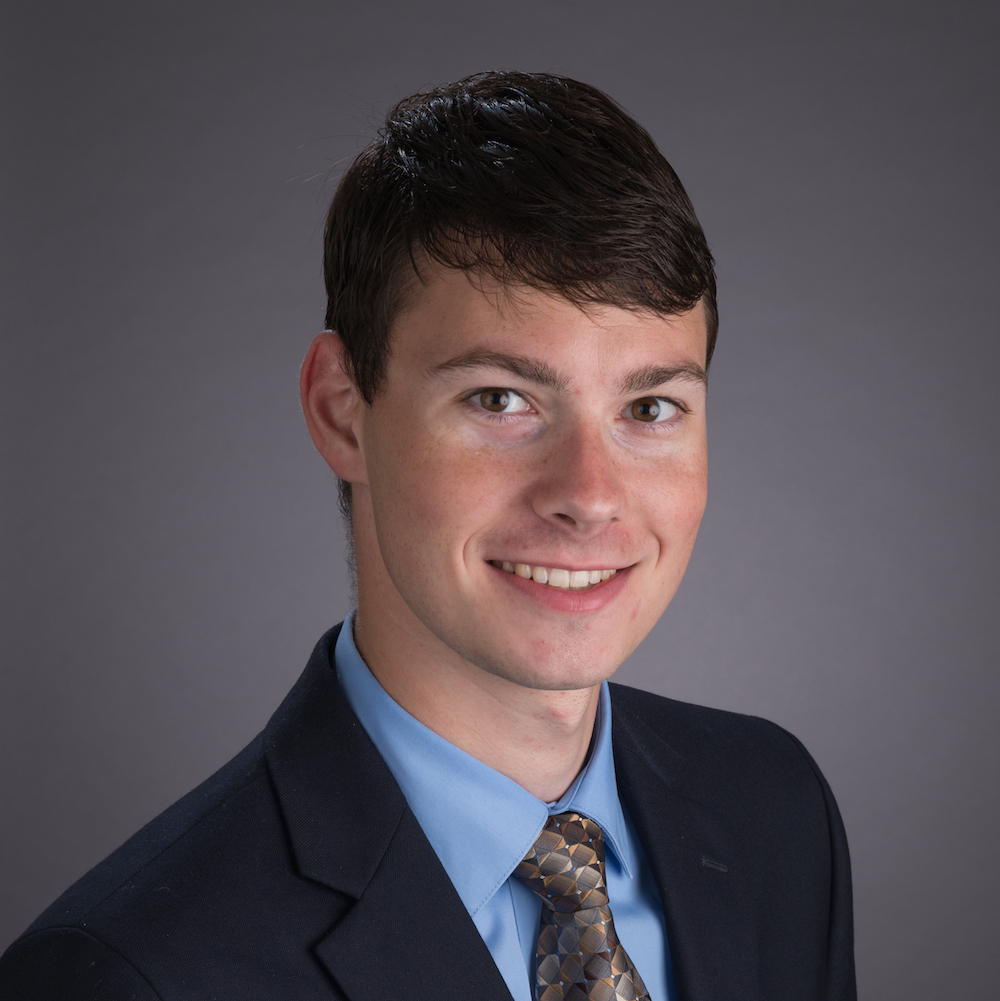
Danny: The IREC team will be phenomenal to work with and the collaboration between the existing and new IREC team members on many energy topics will undoubtedly yield many benefits and new opportunities for both sides.
What is your favorite part about the work you do?
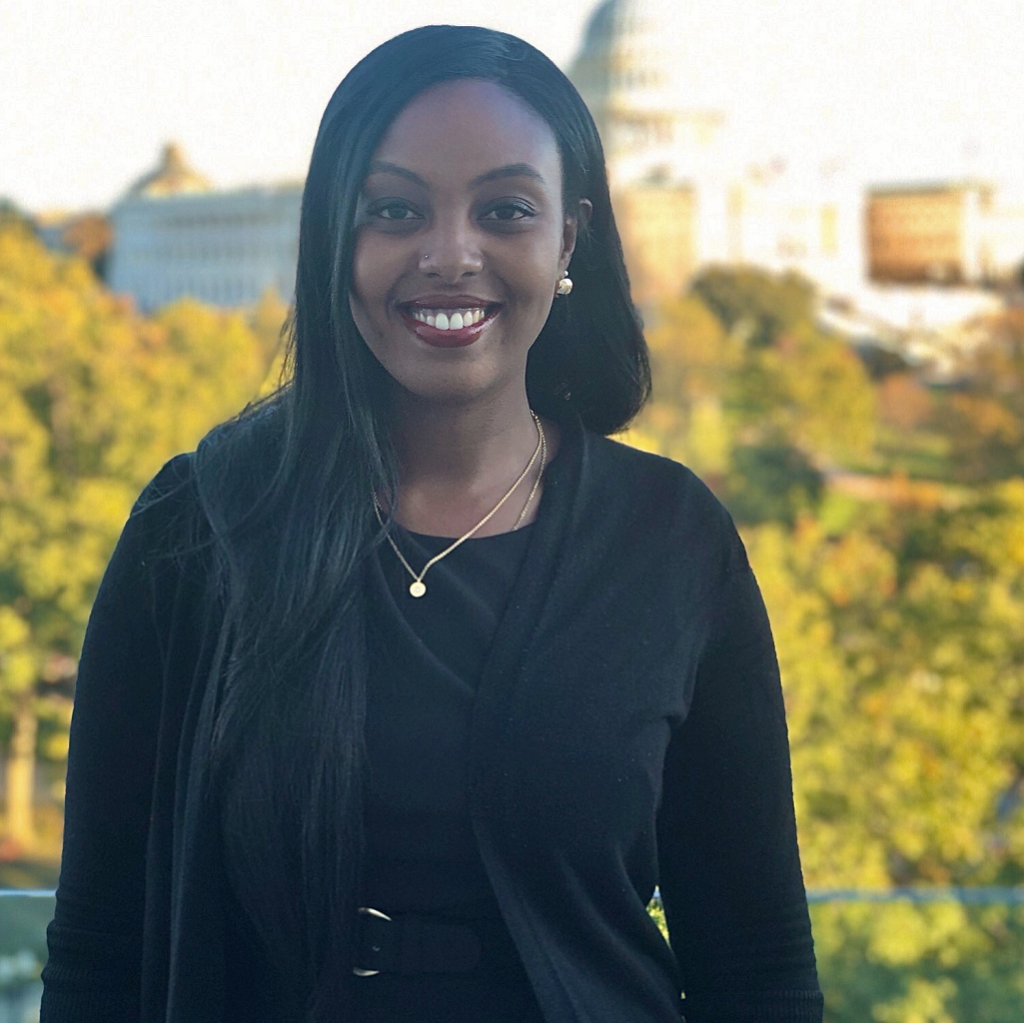
Toyah: As part of my role, I work to ensure that the program is as accessible as possible. What I enjoy the most is I get to approach technical assistance with an inclusive and innovative lens. As part of that scope of work, I have included a goal to extend the program to territories and tribal nations. Designated communities trust the program so I pride myself in maintaining our relationships with past and future designees.
I can confidently say that my work is contributing to the country’s clean energy future and it makes a difference. The new administration has set aggressive goals for the country’s clean energy future. Local governments have a unique opportunity to continue to reduce solar soft costs and increase solar deployment across the country. I work on tangible solutions that are in line with the current administration’s goals to prioritize renewable energy. This is an exciting time to be working in the solar industry.

Theresa: There is nothing like working with a team as committed as the SolSmart team. I arrive at my desk every day knowing that whatever comes our way, we’ll be able to make things happen. And every day, we move the needle toward more clean energy.
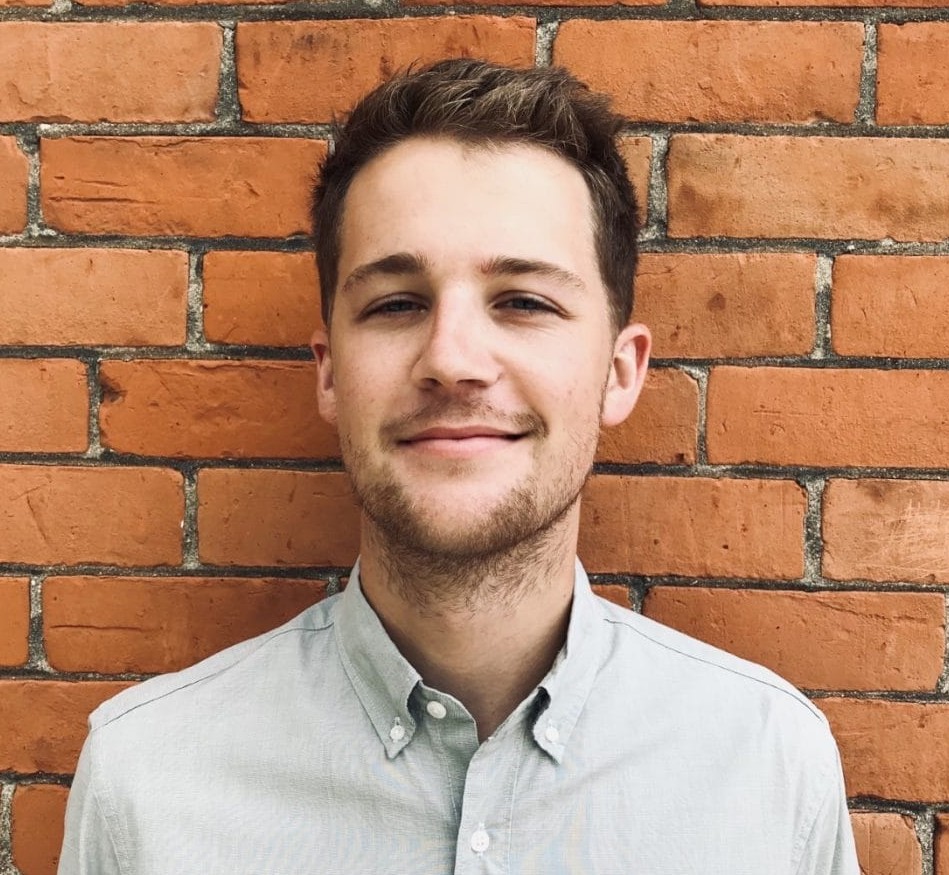
Andrew: My favorite part of the work that I do is connecting with communities that might not otherwise realize that our program is available to them. As the energy transition to solar moves through communities of all sizes, it is important that we identify those communities that might benefit most from the free technical assistance. Every time a new community is introduced to SolSmart for the first time, I think it gives us an opportunity to help communities that have historically been left out of the energy conversation.

Carlos: IREC’s team is a group of very competent and committed professionals, so that is very enjoyable from a personal perspective. From a professional perspective, my favorite part is the fact that we are developing and implementing our program at a critical time when Puerto Rico’s transition towards a renewable energy future is picking up steam. IREC’s Local Initiatives program has the opportunity to make important contributions as Puerto Rico moves from 4% renewable energy currently to targets of 40% by 2025, 60% by 2040, and 100% by 2050.


